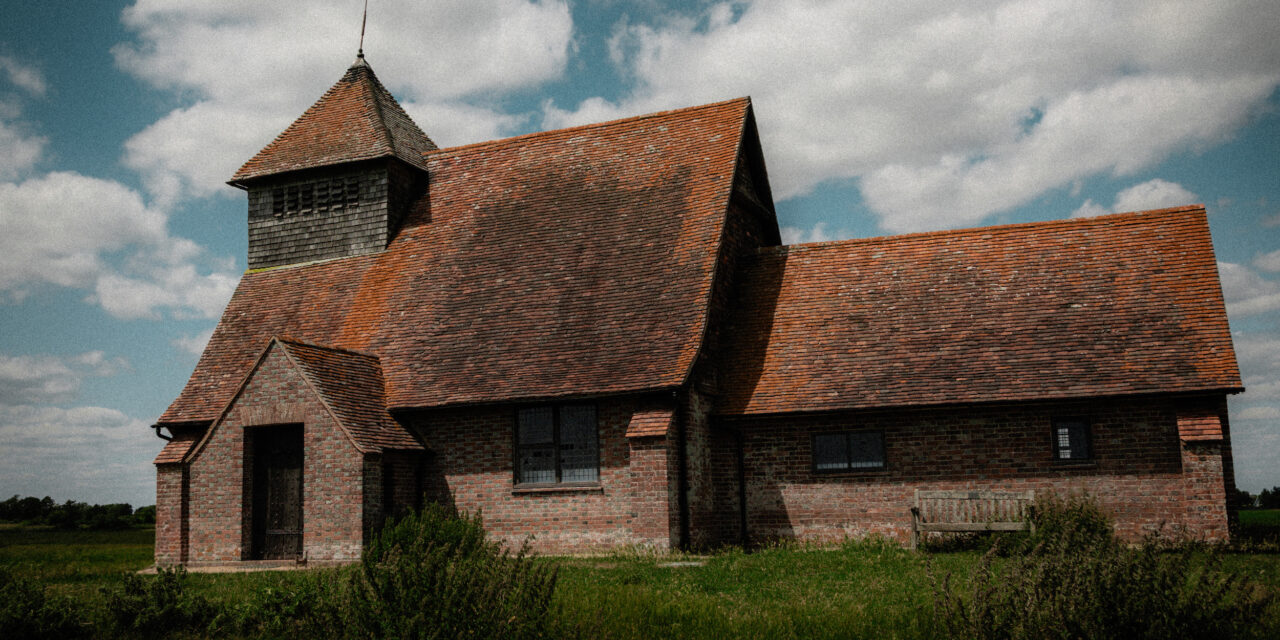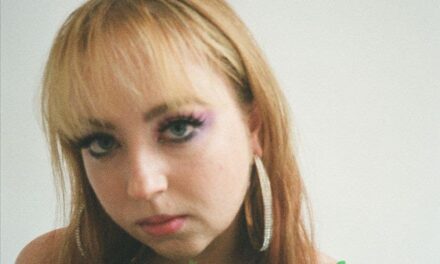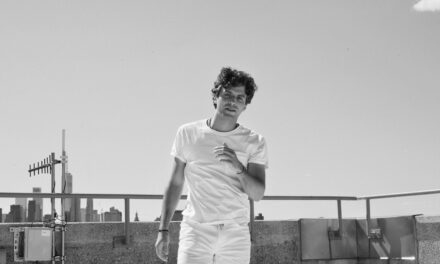Photo Credit Max Siegel
Some songs sound like freedom. Others sound like survival. Confetti, the luminous new single from Hastings-based singer-songwriter Tygermylk, manages to be both—an unflinching ode to queer euphoria that’s steeped in the slow, painstaking work of self-liberation.
On first listen, it radiates joy: glittering melodies, the shimmer of celebration, the rush of a chorus that feels like it’s running downhill into open arms. But beneath the sparkle lies a story of years spent unlearning—stepping out of a small-town script, surviving bullying and societal expectations, and shedding the heteronormative “blueprint for happiness” she once clung to just to avoid being seen as a failure.
Tygermylk’s journey hasn’t been linear. Alongside reclaiming their identity, they are navigated chronic illness and endured multiple throat surgeries that could have ended their singing career entirely. Instead, they’ve left their voice stronger, freer, and more unapologetically their own. These days, their joy isn’t just personal—it’s communal. They’ve built a thriving queer community around them, including Queer Ass Folk, the LGBTQ+ music night they run in Hastings. For the artist who once couldn’t imagine such a space existing, it’s both a testament to survival and a love letter to the chosen family who carried their here.
With Confetti, they aren’t just writing a song; they’re planting a flag for self-acceptance, disability pride, and the kind of liberation that arrives when you stop hiding—from the world, and from yourself.
We caught up with Tygermylk to talk about unlearning, resilience, and the everyday realities of living inside queer euphoria.
Confetti radiates joy and liberation, but it’s born from years of unlearning—what was the moment you realised you could finally step outside someone else’s blueprint for happiness?
It wasn’t one defining moment, more a gradual process. After my divorce, I was on my own for a while, and once the initial grief wore off, I started to feel genuinely happy for the first time in my life – not a fleeting kind of happiness, but something grounded and long-lasting. Over time, I became more and more myself, and I wanted to keep being that person.
Growing up in a small, conservative town can leave deep imprints—how did that environment shape, and maybe delay, your journey to self-acceptance?
I can’t sugarcoat it, it was traumatising. I was badly bullied at school, and once I left that unsafe environment, I spent far too much energy trying to fit in and be “likeable.” The problem was, I didn’t actually like myself. Life became about planting those heteronormative flags in the sand–marriage, babies, house, dogs—because it was what was expected of me. I clung onto relationships that weren’t right for me just so I wouldn’t be perceived as failing.
Your new single celebrates queer euphoria—what does that feeling look, sound, and feel like for you in everyday life?
Life lately has been one long string of queer delights. I have a huge, gorgeous queer community enveloping me and it’s what raised me up when I thought I had lost everyone and everything. I run Queer Ass Folk, an LGBTQ+ music night in Hastings, something I could never have dreamed of existing when I was growing up. It has brought me so much joy and purpose.
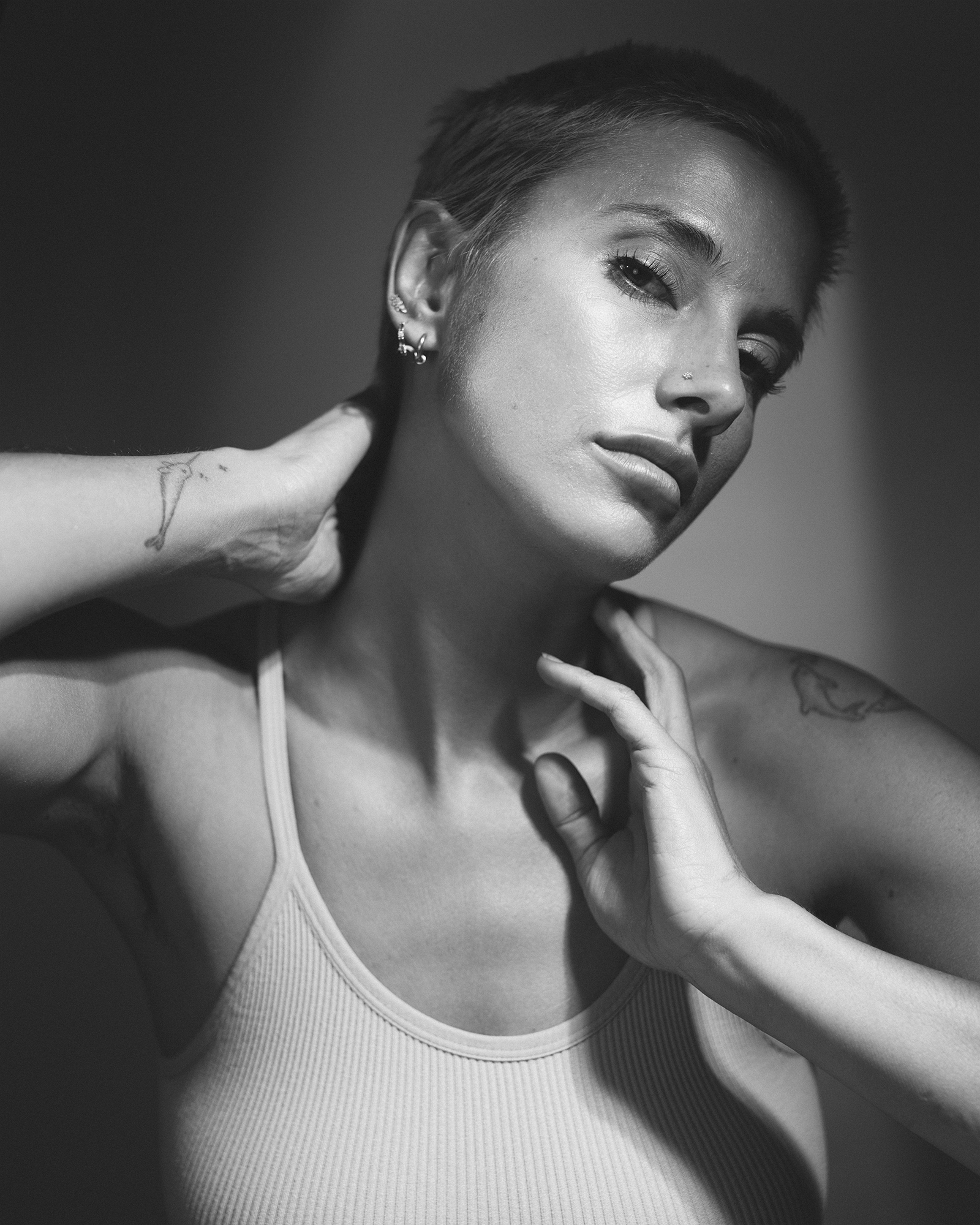
Photo credit Tobias-James
This album is arriving after a long battle with throat surgeries and chronic illness—how has your relationship with your voice, literally and figuratively, changed in that process?
The surgeries literally opened up my throat. There was a risk they could have altered my voice completely, but it’s never felt more free. I’ve also become more open about being chronically ill instead of trying to hide it or seeing it as an imperfection. Life becomes a lot easier with self-acceptance, and through speaking up about disability advocacy, I’ve met so many incredible disabled people. There’s a real sense of pride and connection in finding others like you.
When you listen back to Confetti, do you hear a version of yourself you’ve already become, or one you’re still growing into?
I’ve changed so much in the past few years that I hear a version of myself who is almost unrecognisable. We’re all always evolving, but I’d love it if the life lessons could be a bit gentler and less frequent haha.
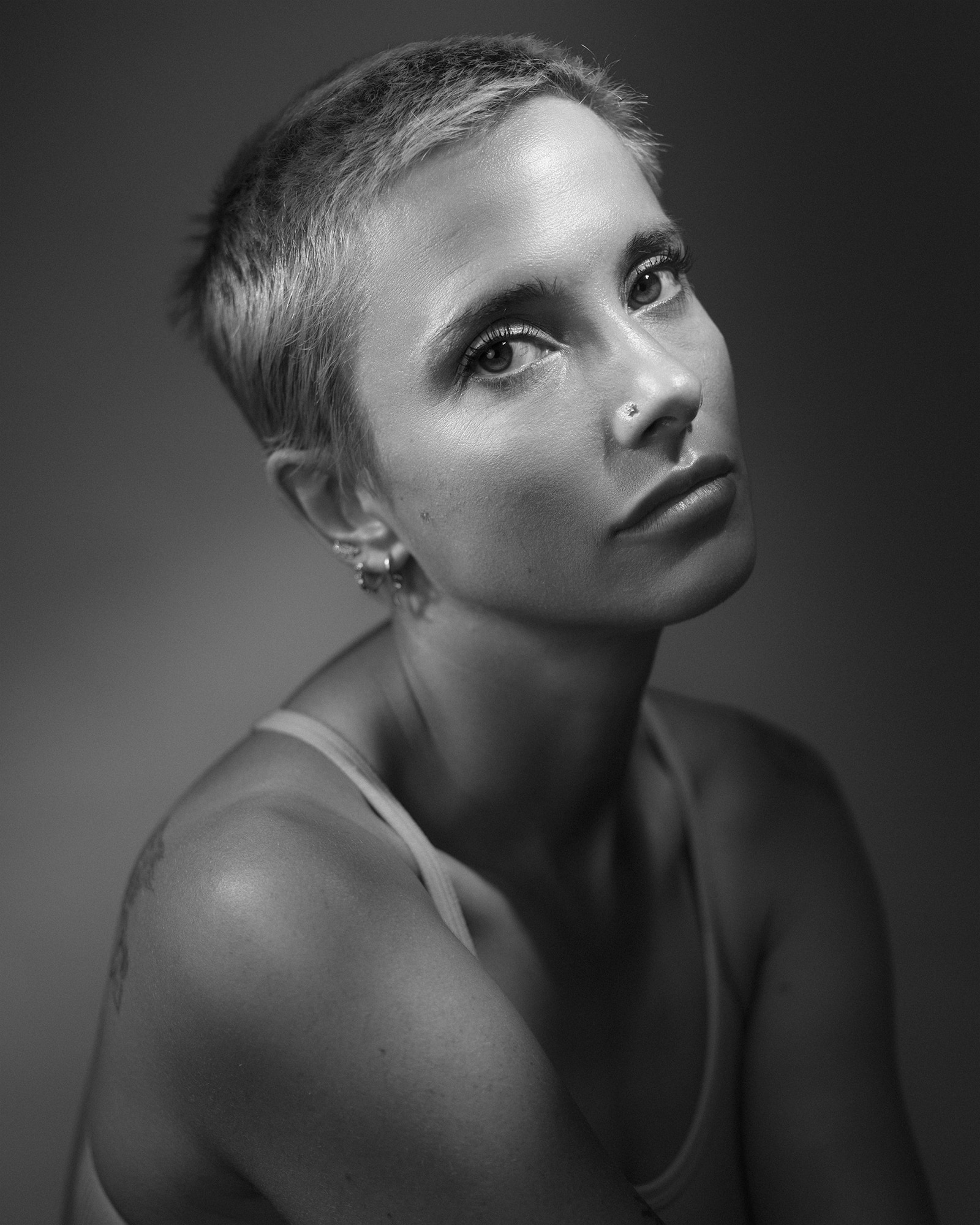
If you could go back and play this track for your younger self, hiding in that small-town bedroom, what do you think they’d feel first?
I’d like them to feel that liberation is possible… and maybe not make the same mistakes I did.

